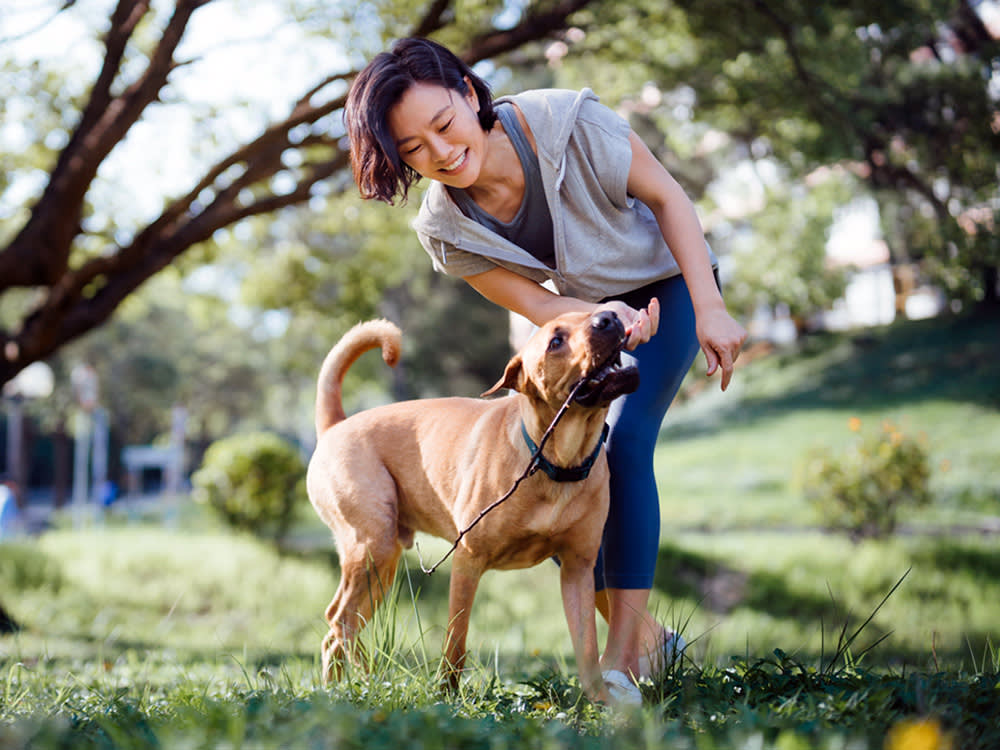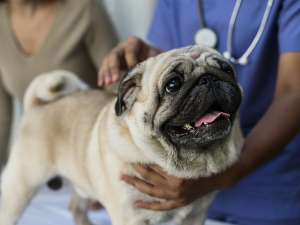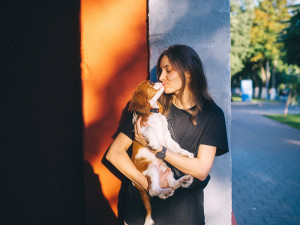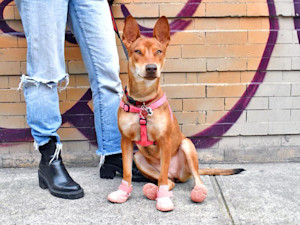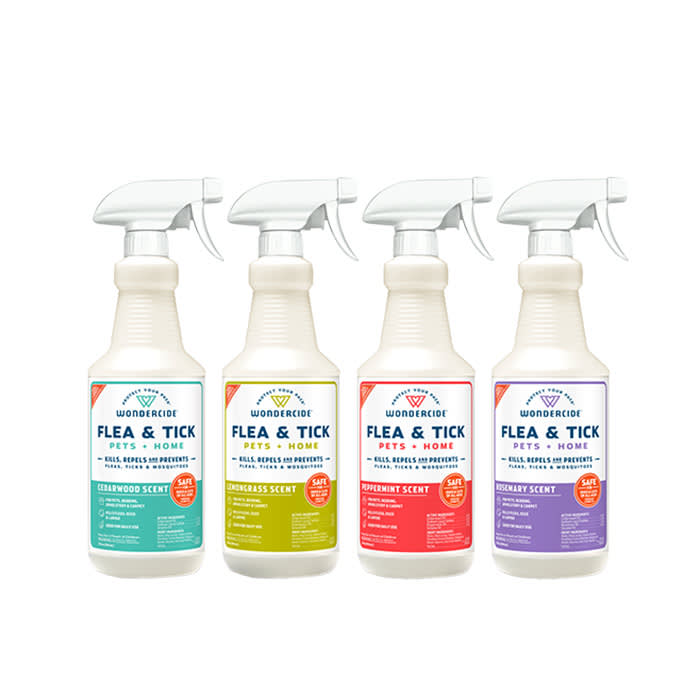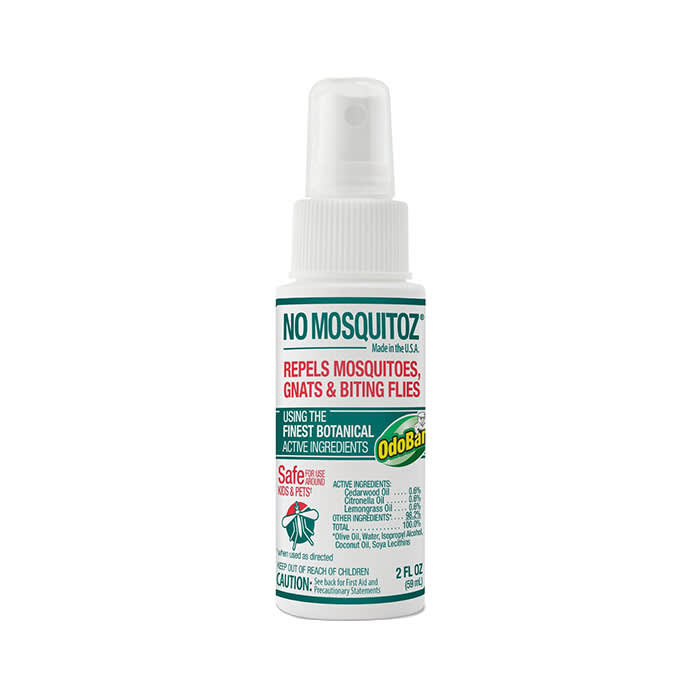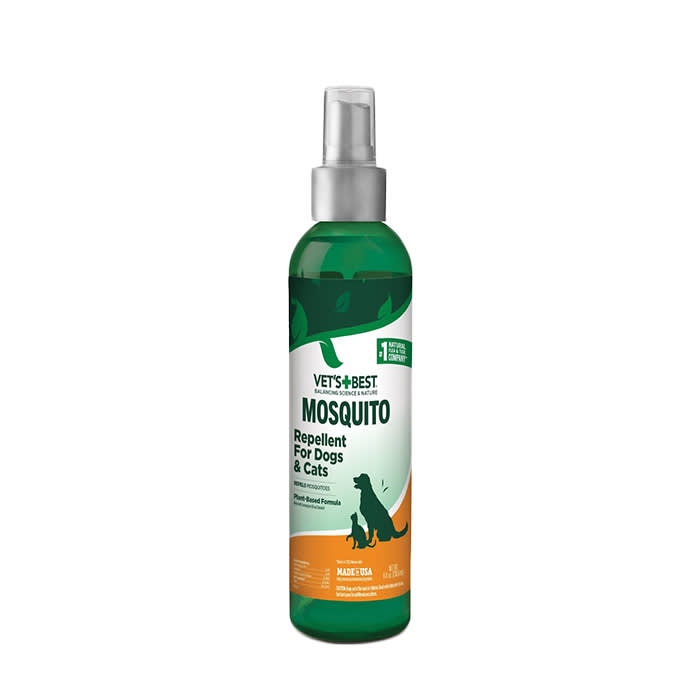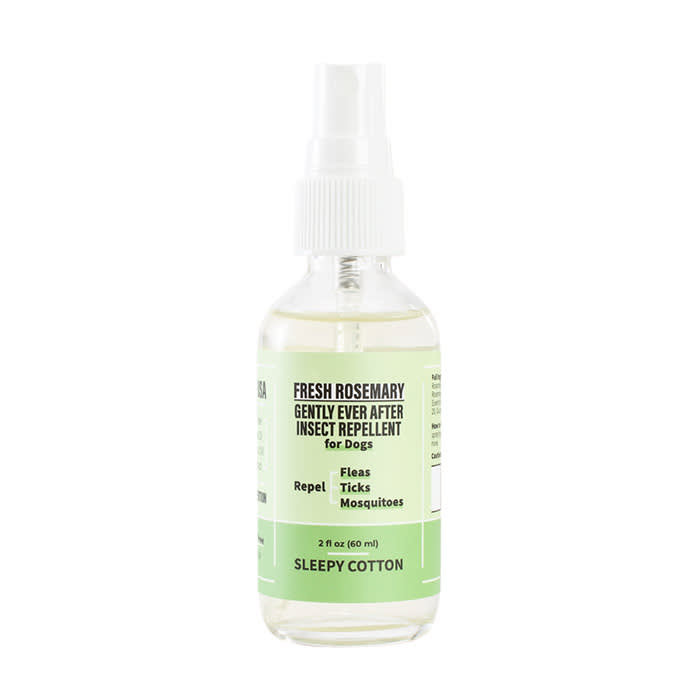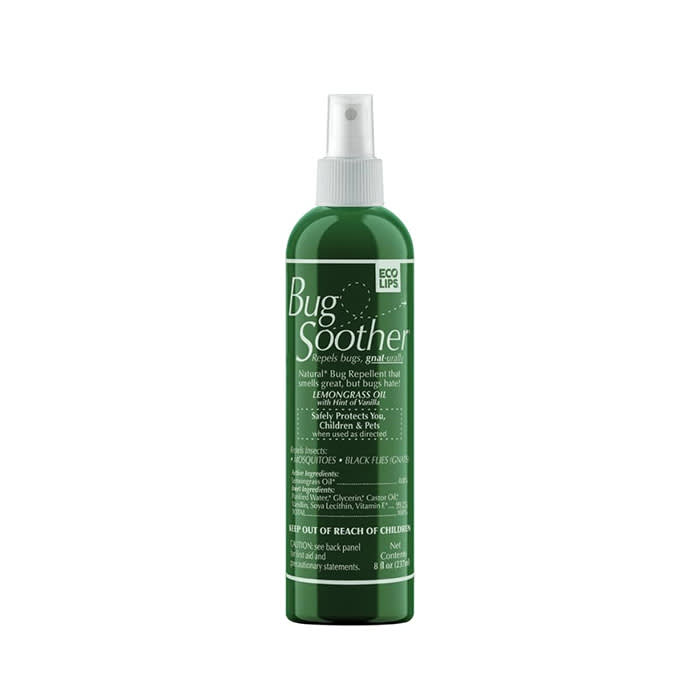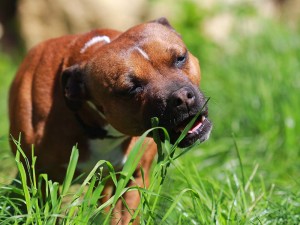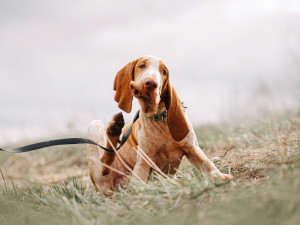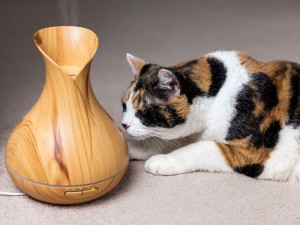The 5 Best Pet-Safe Mosquito Sprays to Protect Your Pup This Summer
Plus, an option if you live in a household with dogs and kitties.
In This Article:
What Is a “Dog Safe” Mosquito Spray? Mosquito Repellent Considerations Best Dog-Safe Mosquito Sprays Frequently Asked Questions
Mosquitos: can’t live with them, can’t bludgeon them all to death with a hammer. That last bit is unfortunate because, in addition to being itchy and annoying, mosquitos are dangerous — especially to our pups. Mosquitoes can transmit heartworms to dogs and cats — and are doing so in greater numbers than ever before. Of course, the first and most powerful line of defense against this dangerous parasite is year-round heartworm medicationopens in new tab. However, for an extra layer of protection, pet parents can use a dog-safe bug spray to keep pets safer and far less itchy.
For more, we spoke to Dr. Robert Gonzalez, the regional medical director for Small Door Veterinary, about how to choose the right mosquito spray for your dog and compiled our top picks for the best dog-safe mosquito repellents.
What is a “dog-safe” mosquito spray?
First and foremost, a “dog-safe” bug spray should never contain DEET, a common ingredient found in bug sprays intended for human use. “DEET sprays should not be used on dogs, as DEET can be toxic to them, causing vomiting, seizures, and other health issues,” Dr. Gonzalez says.
How much do you spend on your pet per year?
While safe for humans over two months, DEET is toxic to dogs and can cause skin, eye, or gastrointestinal issues. Instead of DEET, many dog-safe mosquito sprays opt for essential oils as their active ingredient. Understandably, many pet parents might be hesitant to use essential oils around their pets as some can be toxic and others are toxic when used incorrectly. However, Dr. Gonzalez says that the essential oils commonly found in dog-safe bug sprays are safe when used correctly.
“Pet-safe bug sprays often contain essential oils like lemongrass because they are natural repellents,” Dr. Gonzalez says. “To use them safely, apply the spray according to the product’s instructions and avoid spraying directly on your pet’s face or any open wounds.”
Mosquito repellent considerations
When choosing a dog-safe mosquito repellent it’s important to consider the active ingredients that will be doing a lot of the heavy lifting. A lot of these sprays contain essential oils that are safe for dogs when applied correctly. However, there are safety measures to consider when using essential oils around pets:
1. Always follow the application instructions on the bottle.
Never apply dog-safe bug sprays directly to the skin, eyes, or genitals.
2. Never attempt to make an at-home essential-based oil dog-safe bug spray.
Professionally made essential oil-based bug sprays contain an incredibly diluted amount of essential oils that are strong enough to repel bugs, but gentle enough to use on dogs. This dilution process is almost impossible to safely replicate at home using 100 percent essential oil extracts and will most likely contain toxic quantities. Please do not try to do so.
3. Consider the risks of using essential oil-based sprays in a mixed-pet household.
While dogs can tolerate certain essential oils in diluted quantities, most essential oils, in any quantity or diluted state, are toxic to cats both orally and topically. This means that if your cat licks your dog's fur or rubs up against them, they are at risk of essential-oil poisoning. If this is the case for your home, scroll down to see our pick for the best spray for mixed-pet households.
The best dog-safe mosquito sprays
With these considerations in mind, check out our top picks for the best dog-safe mosquito repellents, with one suggestion if you have a multi-pet household.
Top pick:
Best budget pick:
For added flea-and-tick protection
For mixed-pet households
For added gnat protection
FAQs (People also ask):
Does dog bug spray protect against heartworm?
Dog-safe mosquito repellents do not protect against heartworm. These sprays are designed to repel mosquitos. For heartworm protection, pet parents should opt for an oral medication remedy
Can I use dog bug spray on my cat?
No, you should never use dog-safe spray bug sprays on your cat. Dog-safe bug sprays contain diluted essential oils that are safe for dogs in small, diluted quantities when applied topically. However, no amount of these oils is considered safe for cats.
Can I DIY dog-safe bug spray using my own essential oils?
No. Dog-safe essential oil-based bug sprays contain incredibly diluted amounts of essential oils that are not possible to replicate at home. Using the same oils in a DIY spray can be toxic to dogs, and you should never try this.
Can dogs get heartworms from mosquitoes?
“Yes, dogs can get heartworms from mosquito bites, which can be life-threatening if left untreated,” Dr. Gonzalez says.
What are the signs of mosquito-borne illnesses in dogs?
“Signs of mosquito-borne illnesses in dogs include coughing, fatigue, weight loss, difficulty breathing, and a swollen abdomen. If any of these symptoms are observed, consult a veterinarian promptly,” Dr. Gonzalez says.
